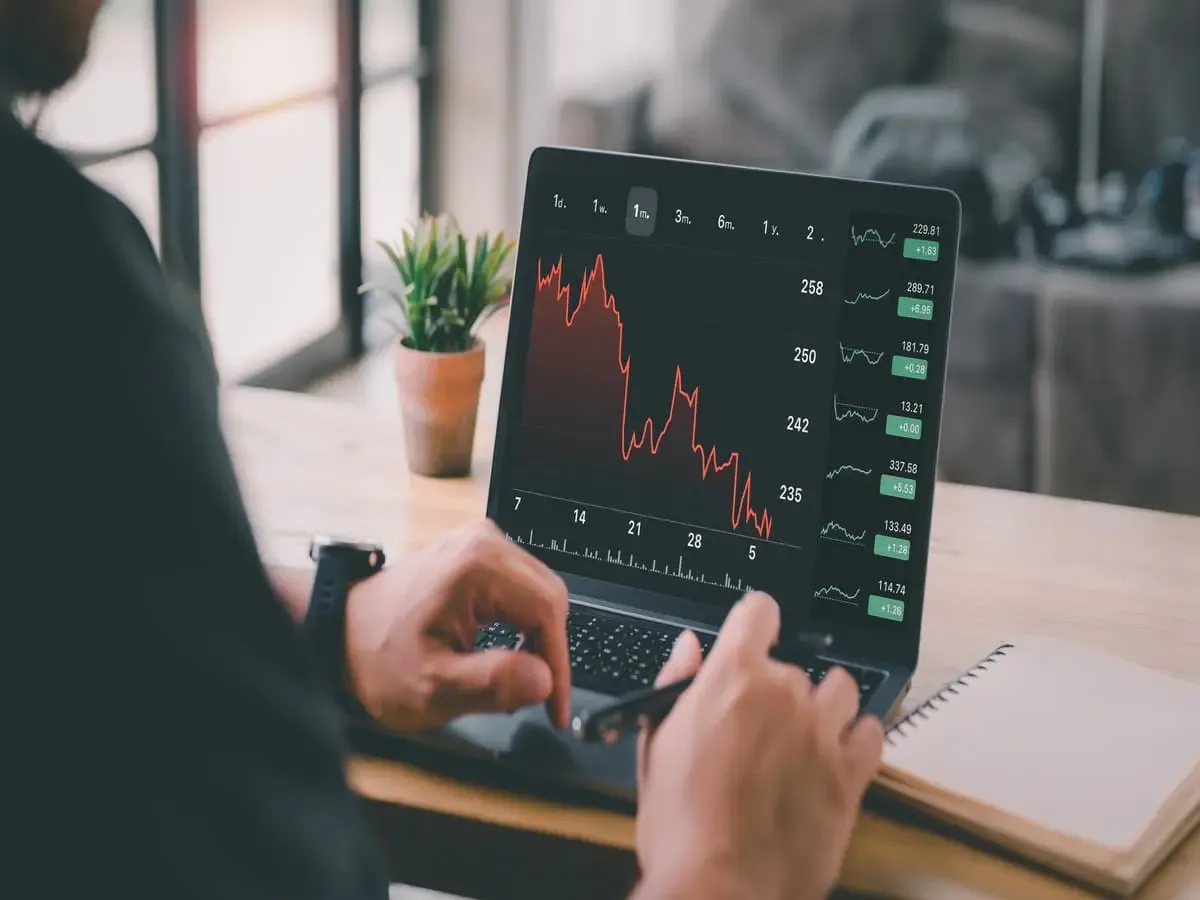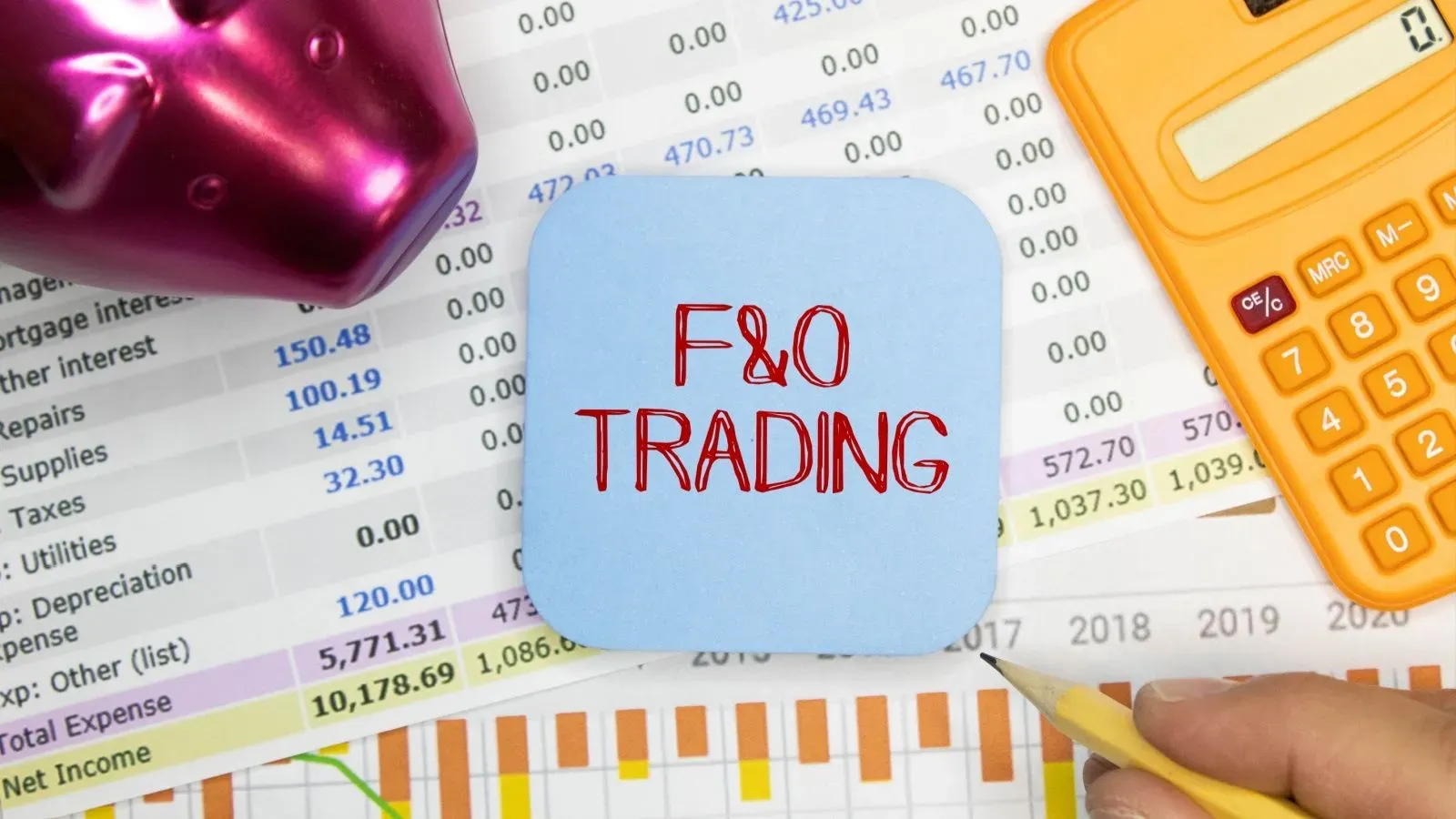What are Swap Derivatives?
Written by Upstox Desk
Published on February 10, 2026 | 3 min read

Swaps derivatives are customisable derivative contracts between two parties to exchange liabilities or cash flows. Swaps are based on underlyings such as commodities, equities, interest rates, currencies etc. They are traded over-the-counter (OTC) primarily between financial institutions or businesses. The terms of the swaps are negotiated and customised to the needs of both parties as they are traded over the counter. They are risky in nature as one party can default on the payment thus leading to default risk.
Types of swaps in derivatives
-
Interest Rate Swaps
Interest rate swaps are customisable derivative contracts between two parties to exchange cash flows. The cash flows are dependent on a notional principal amount agreed by both parties. It basically involves the swapping of a fixed interest rate with a floating interest rate. Interest rate swaps are used as a hedge against interest rate risks or to speculate and profit.
-
Commodity Swaps
Commodity swaps are customisable derivative contracts between two parties to exchange floating cash flows that are based on a commodity’s spot price for fixed cash flows i.e. the predetermined price of a commodity. It does not involve the exchange of the actual commodity. It is used as a hedge against commodity price fluctuations.
-
Total Returns Swap
Total returns swaps are customisable derivative contracts between two parties where the total return from one asset is exchanged for a fixed interest rate. The party that pays the fixed rate takes on the exposure towards the underlying asset, be it a stock, a basket of stocks or an index on the other hand the party that receives the fixed interest has hedged itself from the price fluctuations. Total returns swap derivatives example: Mr.A, an investor pays a fixed rate to Mr.B in return for exposure to stocks, realising the capital appreciation and earning the dividend payments, if any.
-
Debt-Equity Swaps
A debt-equity swap is a customisable derivative contract between two parties that involves the swapping of equity for debt and vice versa. Debt-equity swaps are used by a company not only to refinance its debt but also to relocate its capital structure.For instance, a publicly-traded company exchanging bonds for stocks.
-
Credit Default Swap (CDS)
Credit Default Swap is a customisable derivative contract between two parties for swapping the risk of debt default. The buyer of a CDS pays a premium for effectively insuring against a debt default. He receives a lump sum payment if the debt instrument is defaulted whereas the seller on the other hand receives monthly payments from the buyer. If the debt instrument defaults they have to pay the agreed amount to the buyer of the credit default swap. Credit default swaps were famously used on mortgage backed securities that resulted in the 2008 financial crisis.
-
Currency Swap
Currency swaps refer to a customisable derivatives contract with currency quotes as an underlying asset, wherein two parties exchange liabilities or cash flows. Here the parties involved swap the principal amount and interest payments denominated in different currencies.Currency Swaps are used to protect against currency exchange rate fluctuations.
Difference between Futures and Options vs Swaps
| Point | Futures and options | Swaps |
| Traded on | Exchanges | Over-the-Counter |
| Counterparties | Individuals and financial institutions | Businesses and financial institutions |
| Terms of the contract | Standardised | Customised |
| Default risk | Low | High |
About Author
Upstox Desk
Upstox Desk
Team of expert writers dedicated to providing insightful and comprehensive coverage on stock markets, economic trends, commodities, business developments, and personal finance. With a passion for delivering valuable information, the team strives to keep readers informed about the latest trends and developments in the financial world.
Read more from UpstoxUpstox is a leading Indian financial services company that offers online trading and investment services in stocks, commodities, currencies, mutual funds, and more. Founded in 2009 and headquartered in Mumbai, Upstox is backed by prominent investors including Ratan Tata, Tiger Global, and Kalaari Capital. It operates under RKSV Securities and is registered with SEBI, NSE, BSE, and other regulatory bodies, ensuring secure and compliant trading experiences.






















